
Patient Case Study: Madeline Hawkins
Madeline Hawkins was diagnosed with Chronic Myeloid Leukaemia (CML) back in June 2012 after she was referred for additional blood tests following complains of pain in her feet.
Mark Hill can remember his feelings vividly after being told he had been diagnosed with a life-threatening blood disorder, emotionally recalling: “I thought it was curtains. I thought it was only a matter of time.”
But now, 16 years later, Mark is happy and healthy.
After two established and recognised treatments for the disorder had failed to work, Mark’s life was saved by what he calls a “miracle”.
With clinical trials currently right in the forefront of the news, courtesy of their role in finding a cure for the COVID-19 pandemic, Mark lent his voice to their importance.
“It would have been a lot bleaker for me had it not been for clinical trials. Nothing was working for me. The condition was really starting to get out of control. The prognosis seemed bleak, definitely.
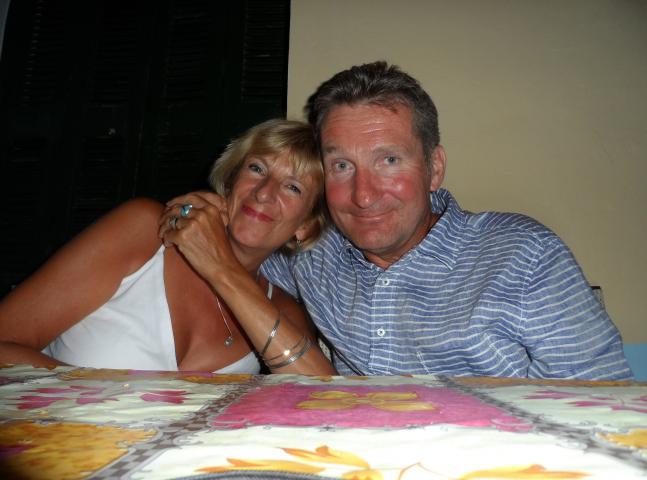
But looking back now, I realise totally that they’re fundamental.I can’t imagine a solution being found without the scientific community engaging in this controlled and informed work. It’s absolutely vital – and there needs to be as much energy as possible put into this.
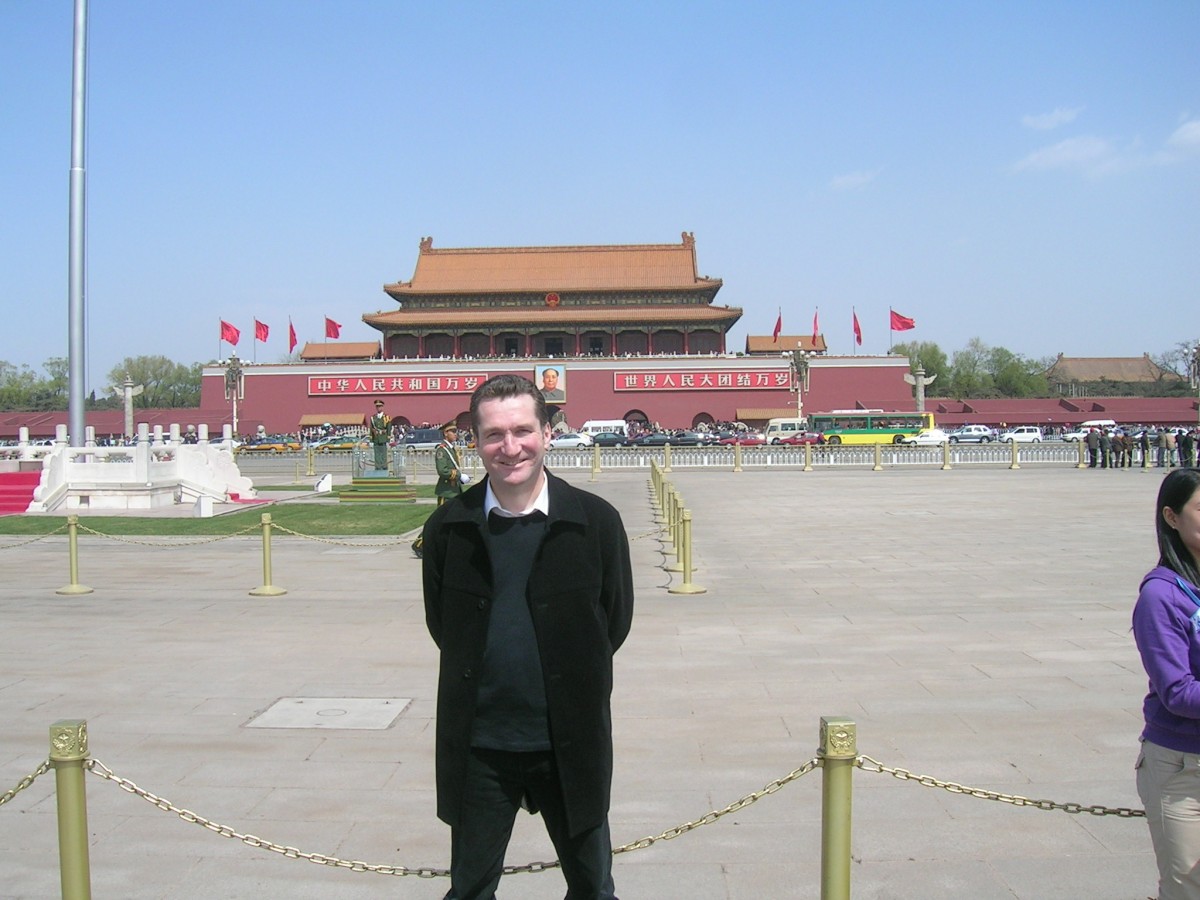
“And, as for charities like Cure Leukaemia who help make it possible? They are totally essential.I wouldn’t have got this treatment without charities like them. Simple as that. Everything that happened to me wouldn’t have been possible – and certainly not at the speed it happened. The consistency of support from charities like Cure Leukaemia has just been the lynchpin, the driver, the rock that solid progress has been made on.”
Little did Mark, 62, from Bermondsey in London, know when he picked up a lingering chest infection in 2004 that it would soon lead to a very worrying diagnosis.
It was clearly a shock to him and his loved ones, including his wife and two teenage children.
“I went to have some blood tests. The doctor phoned me up fairly quickly after that to tell me they had found some irregularities. There was a high red blood cell count. It was indicative of an MPD, subsequently confirmed as Polycythaemia Vera (PV).
“I’d not thought about any specific symptoms before then. Before when I was diagnosed, it fit that I had a fairly ruddy complexion, a condition called rosacea and I used to get quite tired too. They were the two symptoms that now, looking back, make sense when you think about this condition.
“I was passed on rapidly to the haematology team at Guy’s and St Thomas’ NHS Foundation Trust in London. It was diagnosed quickly at that point.
“I wasn’t prepared for it. I was quite shocked. My first reaction was to go to the internet and check out more about it and naturally I was alarmed as people often are when they go searching for this kind of thing online.
“I thought it was curtains. I remember reading that it was an incurable blood disease and one that would lead to leukaemia or on to more complicated disorders. So I thought it was only a matter of time.”
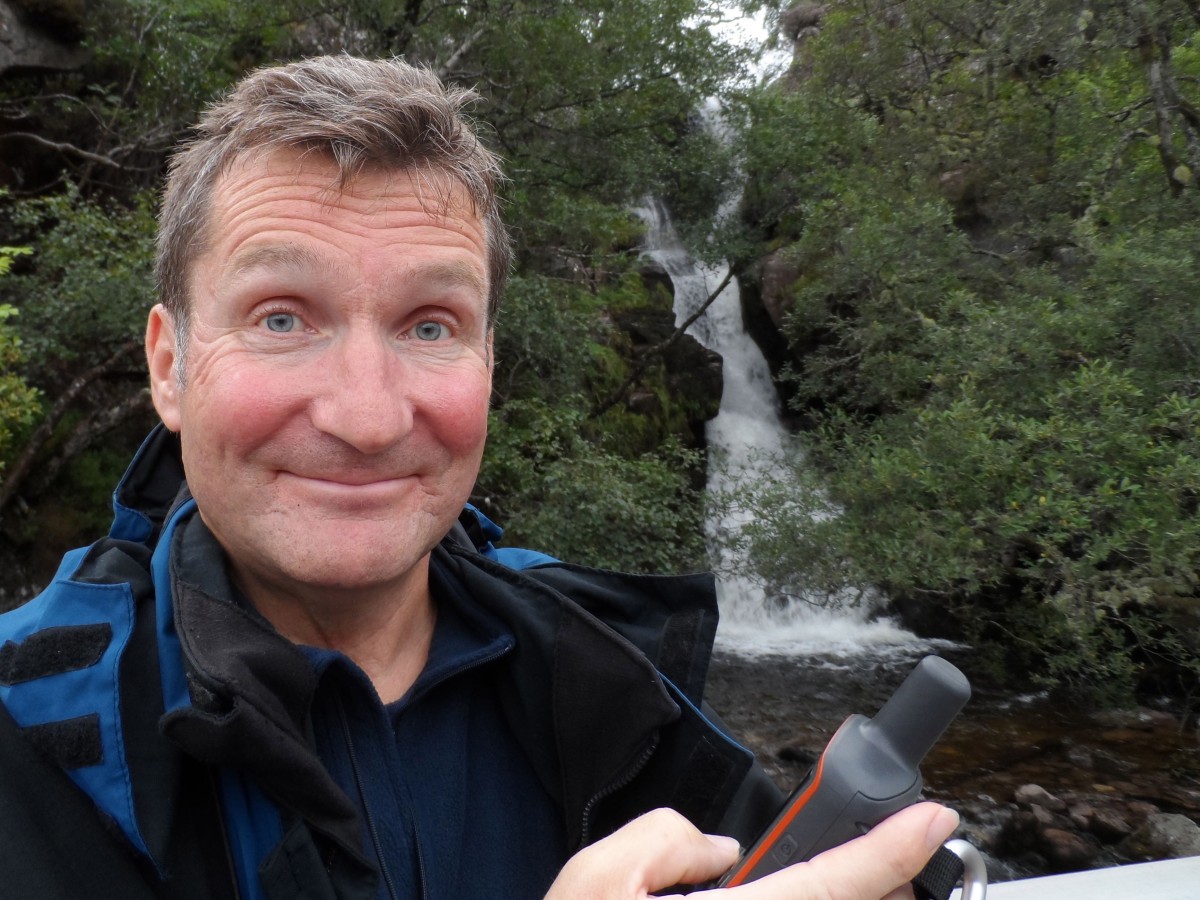
For the first few years, Mark, a Vice Principal in Further Education, was treated in London with venesections on an ongoing need basis, daily aspirin and regular monitoring – but after a year living in Cornwall – he returned back to the capital to be told by his consultant, Professor Claire Harrison that his blood levels had risen by a worrying amount. Mark himself had seen his condition worsen, too.
“My consultant was quite alarmed at how much the levels had increased. They were higher, my rosacea was worse, I developed other symptoms like itching pruritus, which was exacerbated if I had a bath or a shower. My fatigue levels were high, too.”
From here – over the next two years – he went on to two separate drug treatments – which impacted him in very different ways but which gave very similar results. They simply didn’t work.
“The first was Vorinostat, which I understood to be a cell suppressant chemotherapy drug. It started well but then within a matter of weeks I started losing weight and my hair started thinning and falling out.
“I was very concerned at this point but I stuck with it for a little while. However, after discussion with my wife and the consultant I asked to be taken off it. I was simply dreading taking the pills. I think my body sensed it was doing damage.
“My next therapy was a fairly standard drug for the condition called Hydroxycarbamide. It was milder but it just didn’t work, either. I still had itching, fibre in my marrow, rosacea and an enlarged spleen – and worst of all my fatigue made it difficult to work.”
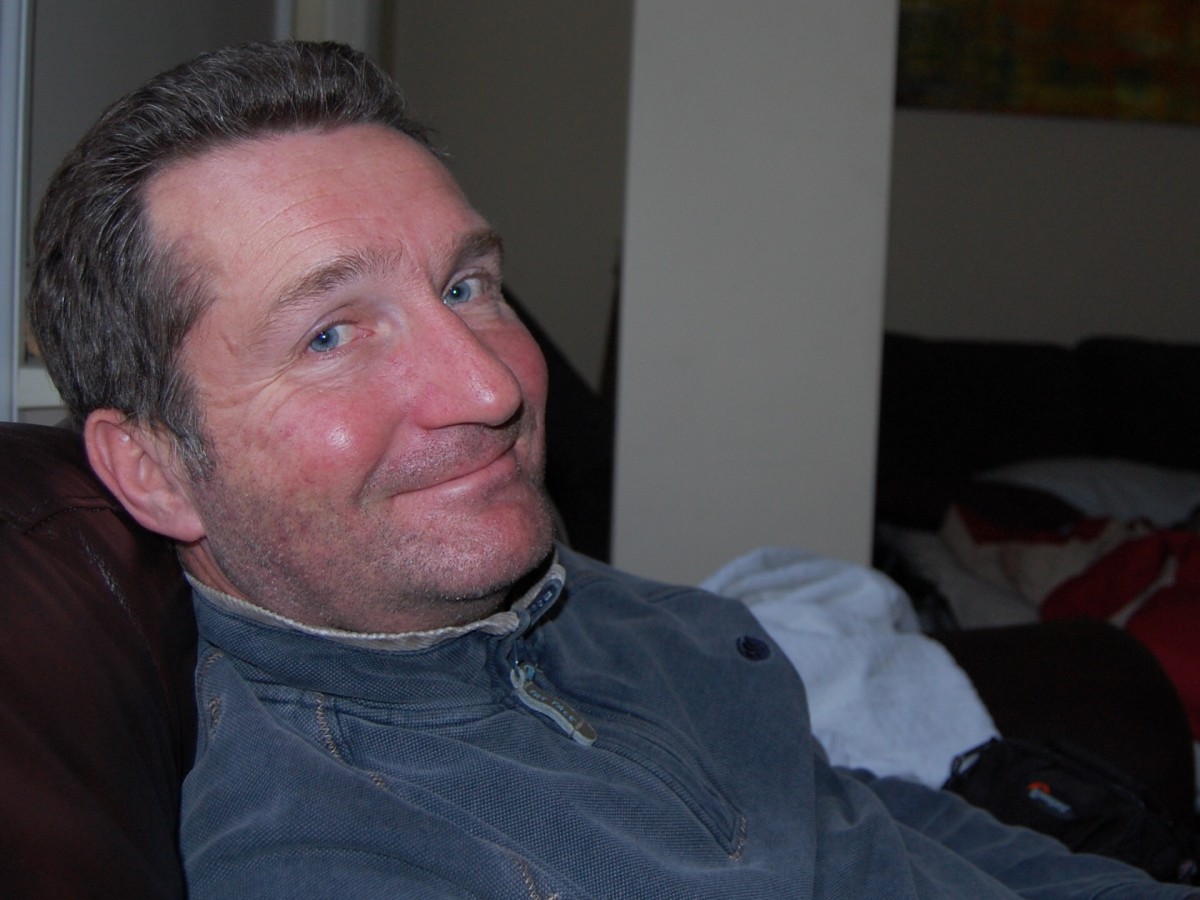
Having exhausted these two accepted treatments, Mark’s confidence was further affected when he attended a charity event at Guy’s and St Thomas’ NHS Foundation Trustl, where he witnessed first-hand the crippling power of this awful disease.
“To be frank, I was alarmed by how ill people were. People were really suffering.
“I could see more people than I imagined weren’t responding well to their treatments. It was undoubtedly worrying and upsetting.”
But then came the life-changing moment he had hoped for – the chance to go on a clinical trial named MAJIC which was made available thanks to the Trials Acceleration Programme (TAP).
It was a huge decision in his life but, looking back, despite some dialogue with family, he freely admits it was one of the quickest he’s ever made.
And it will undoubtedly go down now as one of his best as he registered as patient No.001 on MAJIC.
“My consultant said she’d been working on it. I was asked if it was interested in it. I just said yes immediately. “She told me it was a really important development. I was told I would be quite early into the process. I didn’t realise at the time I would be the first! I turned out to be 001. It tickled me at the time.
“But, thankfully, that drug worked. Immediately it brought everything into line. My health improved all round. I had energy again. My rosacea went. I stopped itching.
“It was a randomised trial. Thankfully I went on to the drug rather than the placebo and it helped my condition rapidly and it’s been pretty steady ever since.
The trial lasted for five years at which point Professor Harrison was able to arrange for the drug to continue being made available for Mark as Team Leader for the Cure Leukaemia-funded Trials Acceleration Programme (TAP) Sonia Fox explains:
“Patients on the MAJIC trial were able to receive ruxolitinib free of charge and provided by Novartis for 5 years on the trial as long as they were receiving a clinical benefit.
At the end of the 5 years, many patients were continuing to respond but ruxolitinib was this was not available on the NHS for Polycythaemia vera or Essential Thrombocythaemia.
The MAJIC Chief Investigator, Prof Claire Harrison, was able to negotiate compassionate use for these patients with Novartis so that patients who had received the drug on the trial and were benefitting could continue.”
“That is where I am now – seven years later. I’m still taking the same dose. It continues to work.
“They’re amazing pills that I take. They target the red blood cells. They suppress the cellular reproduction in a very targeted way. Remarkable. As a non-scientist, I’d describe them as a miracle.
“I got my life back. And there were no side effects. I get tired occasionally – but I always jokingly say that I’m getting on a bit! I am in my 60s!”
National blood cancer charity Cure Leukaemia, which began a 3-year £3,000,000 commitment to funding the TAP in January 2020 regularly highlight the vital importance of clinical trials – but also the pioneering work done by the specialists – consultants, doctors and nurses who throw their life into the work that they do.
It’s a view shared passionately by Mark.
“When I was at a low ebb following diagnosis, my consultant Professor Harrison was a rock. She put my mind at rest and assured me that there was a way forward, a reason for hope.
“To be honest, I realised pretty early on that she was a major player in this field. She’s part of a global community trying to push the boundaries and work their way through these conditions.
“She’s clever, I felt confident and cared for by her too. I felt I was with one of the top people on the planet in this area. I felt in the best hands.
“We are on first name terms. We have a casual, friendly, ongoing relationship. She’s provided emotional and phycological support.
“My wife and I have been discussing for a while now about moving to France permanently – but the sole reason we’re stopping short of that is that I’d move away from Claire Harrison. That would be a step too far for us. That’s the best endorsement I could give.
“As for the nurses who treated me? I remember each one of them – every single one of them. They are truly amazing. They become friends. They are dedicated, knowledgeable and kind. They are just extraordinary human beings.”
Mark, who is currently shielding from COVID-19 in France, would not have wanted his life interrupted by this disease – but he says he now feels duty bound to share his story to help others in his own small way.
“I have been really happy to have been of some value back to those caring for me and supporting me. I was very happy that the team behind it all are pleased to have me – to call on me to do interviews like this about my situation, very happy to talk to other people and share my experience. I am pleased to give a little back in terms of the support I’ve been given.”
Without the Cure Leukaemia-funded Trials Acceleration Programme (TAP), future pioneering and life-saving clinical trials for all forms of blood cancer would not be opened and accessed by patients so rapidly. That is why it is vital that Cure Leukaemia continues to receive funding to ensure this network can continue giving blood cancer patients from a UK catchment area of 20 million people access to these potentially life-saving therapies.
Mark was treated at Guy’s and St Thomas’ NHS Foundation Trust – to help us continue funding specialist research nurses at this Hospital click HERE.
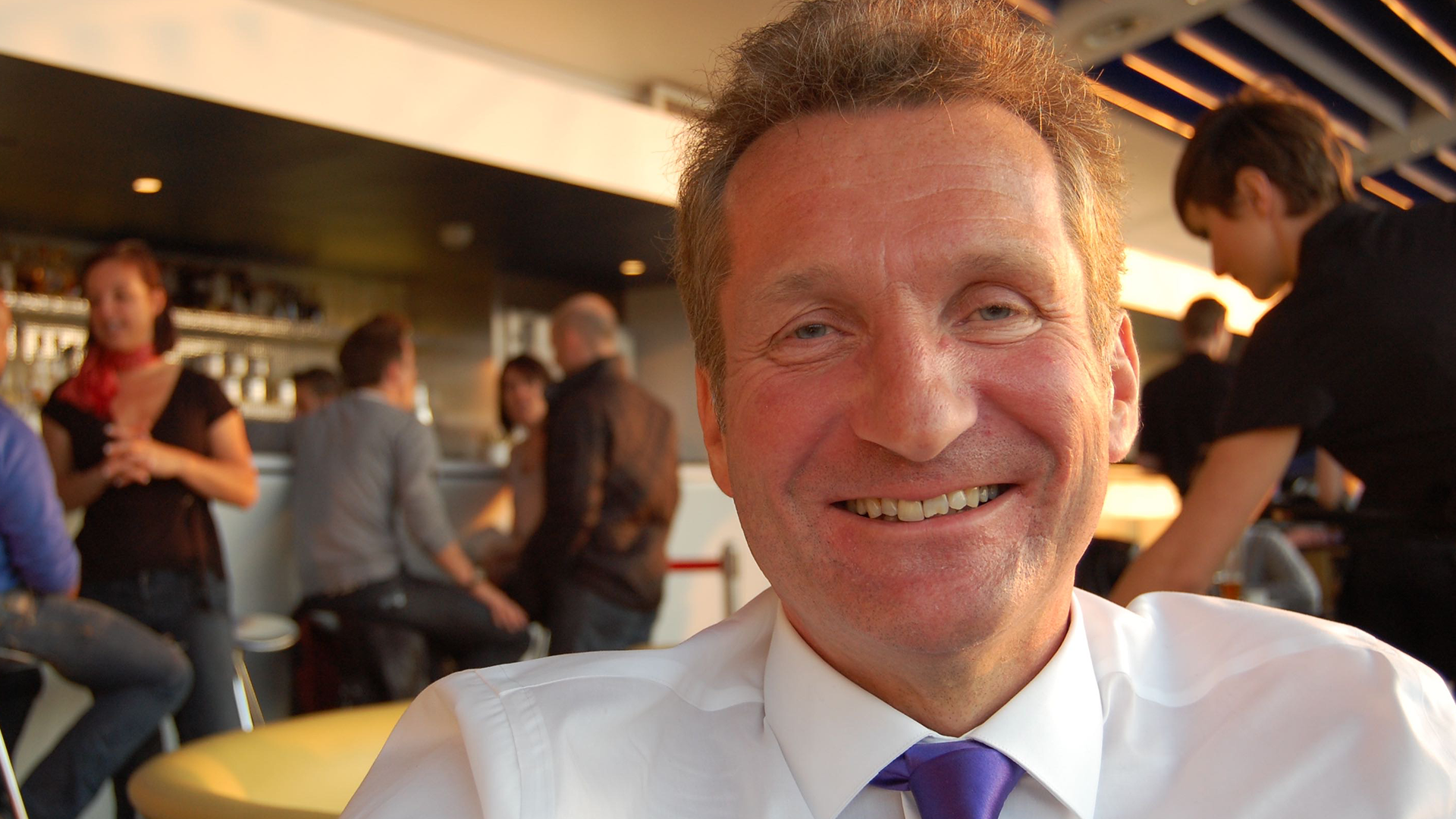

Madeline Hawkins was diagnosed with Chronic Myeloid Leukaemia (CML) back in June 2012 after she was referred for additional blood tests following complains of pain in her feet.
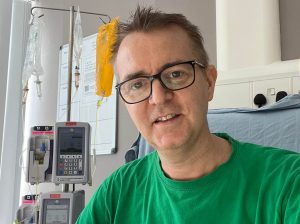
Just seven months ago in March 2023, Robert Pope was a fit guy who looked forward to swimming, running and mountain biking in his free time, before Covid struck him down.